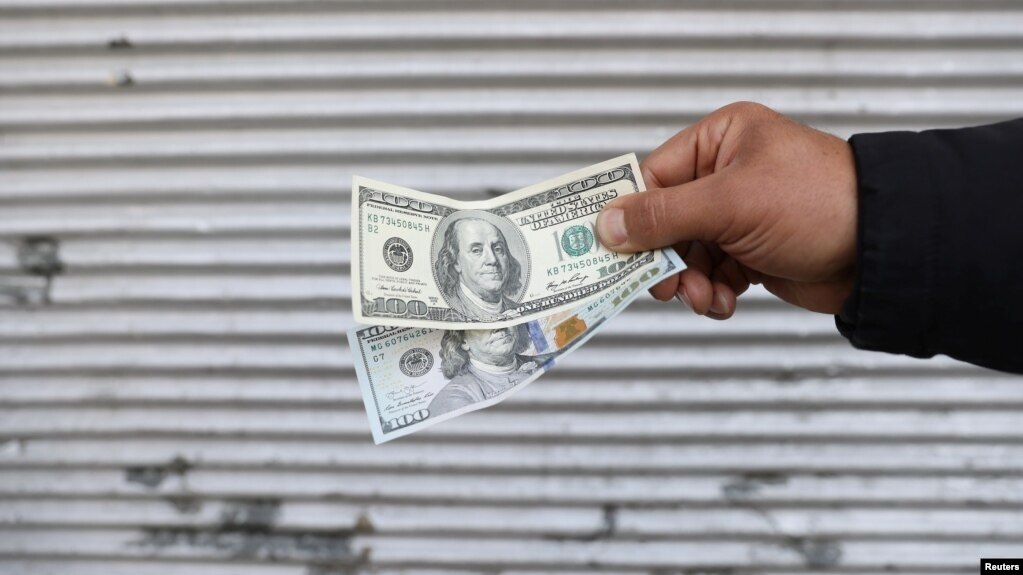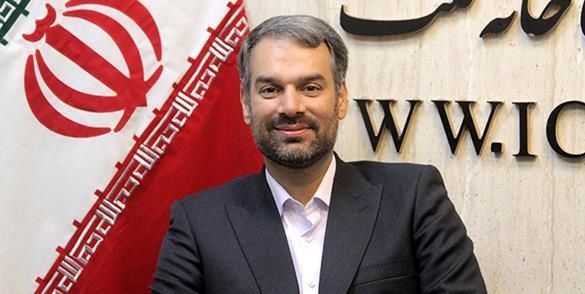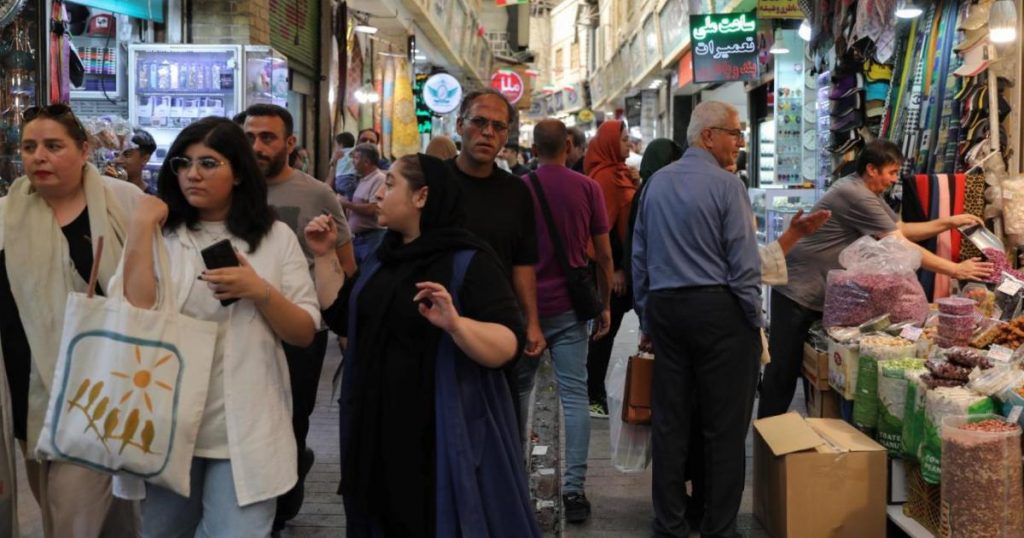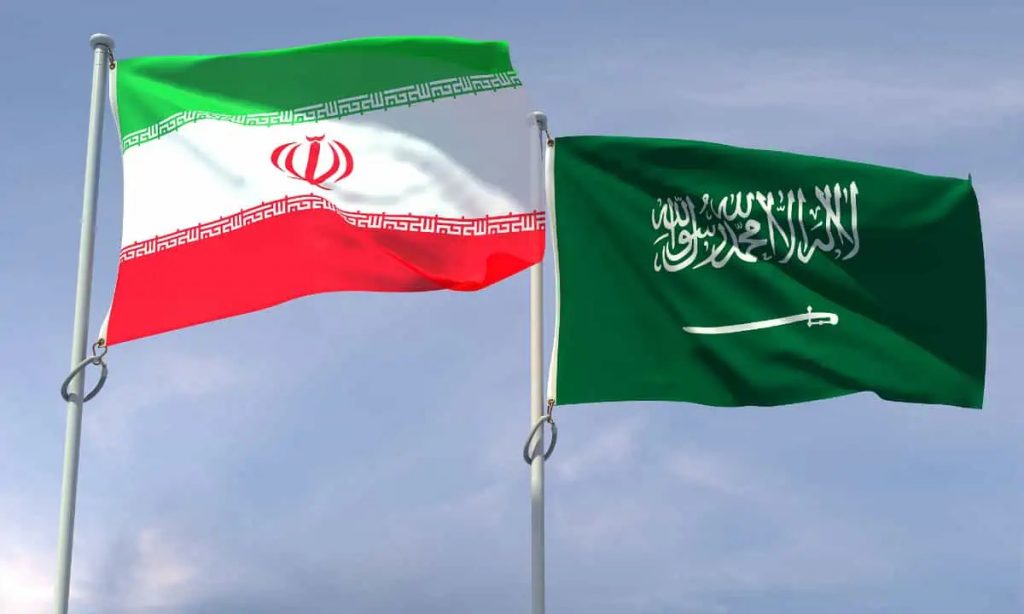
Will the International North-South Transport Corridor Be Forgotten?
The editorial of Arman Emrooz argues that with the emergence of different corridors in the region, there is not much hope for the International North-South Transport Corridor (INSTC).
It was in the news that Iran, Russia, Kazakhstan and India have agreed over the document for developing the INSTC. This corridor is to be considered an alternative route to the maritime route which connects Europe, the Gulf states and the Indian Ocean through the Suez Canal and is going to include three international transit routes from the north of the region to the south through the Caspian Sea by using railroads, ports and two western and eastern land roads.
But with what is happening in the field of transportation, will this corridor remain as important as before? For 20 years, they have been talking about constructing this corridor and every now and then some news is announced about it.
In the meantime, eastern and western corridors have overshadowed the INSTC. The China and Central Asia corridors are among those corridors impacting the INSTC. The Central Asia corridor has been established with the investment of Europe, and recently the German chancellor and the leaders of Kazakhstan, Kyrgyzstan, Tajikistan, Turkmenistan and Uzbekistan reached an agreement for developing an intermediary corridor to connect Europe to Central Asia and expand the economic relationship. So far, 300 million euros have been invested in the Central Asia corridor with more than 1 billion euros of investment in China’s corridor.
The other corridor upon which an agreement was reached in the G20 summit will extend from India to Europe. Along these main corridors, there are other less major corridors as well. Pakistan’s corridor to Central Asia extends to Turkmenistan and Tajikistan, and Iraq too has launched a corridor from Fav Port.
Iran, however, has become an isolated island in the middle of all these corridors, while neighboring countries, with their power to intervene in different affairs, will impact the development of these corridors. For example, Turkey interferes in the Nagorno-Karabakh conflict because the Central Asia corridor will have a shorter direct route to Turkey through the Zangezur corridor.
The Iranian government is just standing by while these developments continue to unfold. As such, one cannot have much hope for the INSTC.
What Happened to the Friday Meetings?
The editorial of Jahan Sanat asks about the purpose and destiny of the Friday meetings that Iranian President Ebrahim Raisi held with business and industry leaders.
Former President Mahmoud Ahmadinejad first started having face-to-face meetings with citizens during his tenure in Tehran’s municipality as mayor and then did the same all over the country when he became the president. He was a professional politician with a treasury filled with petrodollars, and made promises to ordinary citizens during his visits to all provinces. After Ahmadinejad’s presidency came to an end, no one was held accountable for the outcomes of these visits and no explanations were given about them.
But now President Ebrahim Raisi is following suit but with less fanfare. He goes to different provinces like Ahmadinejad while knowing very well that at the end of his tenure, there will be no accountability as to the purpose and outcomes of these trips.
Several months ago, however, Raisi started to hold Friday meetings with industrialists. But no details were announced in this regard and it was not clear why these meetings were held and what were their outcomes.
These meetings, according to one view, are still held, but Raisi’s government prefers not to divulge any details. The other view is that these meetings with business owners were found to be useless, and Raisi and those who were behind the idea of holding such meetings forget about them. The other view is that Raisi has more important things to do which led to the postponement of these meetings.
Regardless of what has happened, people, particularly economic actors, must be informed of the outcomes of these meetings. If there have been any useful outcomes from these meetings, it must be made public.
Policy of Overwhelming Dominance
The editorial of Etemad penned by “reformist” analyst Abbas Abdi emphasizes that the Iranian government must stop enforcing its political dominance over all aspects of Iranians’ lives, as it complicates issues. Recently, the football match between the Saudi team Al-Ittihad with the Iranian team Sepahan FC was cancelled in the city of Isfahan because the Saudi team refused to enter the pitch where a statue of Qassem Soleimani who was targeted by the United States in 2020 was displayed.
Cancelling the football match in Isfahan revealed that reaching the level of normalization of Iran’s conditions goes beyond small measures and cases, and the Iranian government must adopt a more general reformist approach. In the coming days, it will become clear whose fault it was that the match was cancelled, and there will be a verdict in this regard.
But it must be clear that politics in Iran has the tendency to cast its shadow over all aspects of people’s lives. All situations and individuals are seen as tools for advancing political goals and no domain has any relative independence. As such, politics has consolidated its dominance everywhere, over all issues, and across different aspects of Iranians’ lives.
Of course, this is more or less true of certain other countries, but it is much stronger in Iran. In so far as the dominance of politics over different issues is not in defiance of international commitments, there will be no problems apparently. But, of course, such behaviors have repercussions within the country which will emerge later.
But in the international domain, such behaviors become problematic, particularly in sports. Similar behavior was witnessed in 2006 when the Iranian government’s interference in the country’s football federation led FIFA to intervene. The government’s supporters described FIFA’s measures as a “capitulation” but eventually gave in to them.
The other important issue is the presence of women in stadiums which has become an unresolvable issue for the Iranian establishment’s official politics. The other problem is that of Iranian athletes not competing with Israeli contestants, which has become at times problematic and costly for Iranian sports.
As politics is imposed on all spheres of life, it is only natural to expect the consequences. The Iranian establishment does not want to accept that the boundaries between politics and other fields must be clear. Culture, sports, media, religion, economy, universities, education, family, etc. are not to be at the service of politics or defined by it.
The dominance of politics over all issues in Iran is one the most urgent problems that must be reformed.
Mr. President, the Reality Is Something Else!
The editorial of Setareh Sobh questions the claims of Iranian President Ebrahim Raisi as to the economic growth in Iran as there are no signs of any improvement in people’s lives.
President Raisi recently predicted that Israel is on the decline and the victory of the Resistance Movement is close. He also pointed to his government’s achievements in the past two years, insisting that economic growth has been 6% in 2021, 2022 and the first three months of this year. From the viewpoint of the science of economy, positive economic growth in a country means that people’s living conditions will improve, unemployment declines, people’s purchasing power gets better, and, more importantly, the value of the national currency increases against foreign currencies.
Field studies, as well as the official statistics after the first two years of Raisi’s government taking office, show that the price index has increased by 100%. Prices of food items have increased 100% and in some cases up to 200%. Point-by-point inflation for the first month of this year was about 55%, with the housing inflation rate reaching 39.5% last month.
So, if the economic growth President Raisi alleges now is right, we must witness growth in all economic and livelihood indexes. Above all, the price of the dollar was at 28,000 tomans two years ago when he took office, but is now at 50,000 tomans, which means the value of Iran’s national currency has considerably declined.
If there was any economic growth in Iran, there would have been a drop in prices and an increase in the value of the national currency.

Another Girl Sinks Into a Coma After Being Beaten Over the Hijab in Tehran

Sixteen-year-old Armita Geravand who refused to wear the veil in a subway in Tehran became unconscious after an altercation with a hijab enforcer on October 1. She has been in a coma ever since in a military hospital under heavy security where even her parents are banned from visiting her.
She was returning from school with her friends when they were confronted by several hijab enforcers for being veilless. The video footage from the metro security cameras show her entering one of the cars and then being carried out unconscious by her friends later.
The Iranian authorities have refused to release the footage from inside the train. They have also announced that Geravand became unconscious due to a “drop in blood pressure.” However, journalists were banned from reporting on this incident. A Shargh daily reporter who tried to visit the hospital was taken into custody for several hours by security forces.
An informed source at Fajr Air Force Hospital told Radio Farda that Geravand’s coma was caused by “bleeding in the skull.”
The yet unknown condition of Geravand has caused national concern as it is a reminder of the arrest and killing-in-custody of 22-year-old Mahsa Amini over the hijab last September.
Meanwhile, authorities continue shrouding this tragedy in secrecy or downplaying it. Interior Minister Ahmad Vahidi claimed that what happened to Geravand was an “accident which might happen anywhere in the country any day.” As for the uncertainty over her condition, Vahidi pointed the finger at the “enemies,” saying they just “make a drama out of any incident.”
Amnesty International, nonetheless, published a statement saying there is “increasing evidence” that Geravand’s grave condition was caused by the violence exerted by enforcers of hijab regulations as well as the Iranian government’s refusal to reveal the facts.
Iran’s top Sunni cleric Molana Abdolhamid, too, called for a “thorough investigation” of what happened to Geravand as well as confrontation with the person who “committed this offence.”
Hamas-Israel War Impacts Iran’s Market; Price of Dollar, Gold Coin Soar

The outbreak of military conflict between Hamas and Israel has affected the prices of different kinds of gold coins with a leap of 3% to 7% in Iran’s markets, while the value of the Iranian national currency has been on the decline.
The price of the gold coin has reached over 31,800,000 tomans with a 14% increase after Hamas attacked Israel.
The price of the dollar has also increased to 53,600 tomans, showing a 6.5% increase against Iran’s currency since the Hamas-Israel war broke out on Saturday.
In addition, Iranian media have reported an increase of 50 million to 200 million tomans in the prices of imported cars in the market.
Moreover, the Tehran stock market index experienced a massive drop, with capital exiting the market.
The devaluation of Iran’s national currency and the stock market index coincides with the US authorization for the unfreezing of $6 billion of Iran’s assets in South Korea. The funds were transferred to Qatar for the purchase of humanitarian goods by the Iranian government.
The drop in the value of the national currency, the exit of capital from the stock market and the soaring value of foreign currency and gold signal strong inflationary expectations and worsening prospects for the economy, industry and trade.
Open support for Hamas’ attack on Israel from senior Iranian officials has created challenges for Iran’s nuclear deal with the West as well. Since 2021, Iran’s economy has experienced two waves of inflation, which has resulted in worsening conditions and life has become more difficult for people below the poverty line.
Legislation for “Peeping Into All Aspects of People’s Private Lives”

Not too long ago, the controversial legislation relating to “chastity and the hijab” was ratified by the Iranian Parliament. Now, objections against Article 75 of the Seventh Development Plan have increased, which, if ratified, will allow the Iranian government to even monitor and control people’s daily purchases.
Even some lawmakers have criticized this article. In a recent case, a lawmaker said that the Iranian government, with this law, intends to monitor “all aspects of people’s private lives.”
MP Jalal Rashidi Koochi recently stated that “Article 75 of the Seventh Development Plan is alarming because it is nothing but peeping into individuals’ private lives. When I put different parts of this puzzle together, I realize that some intend to monitor all aspects of people’s private lives.”
He added that certain people yearn for breaching individuals’ privacy and violating their private lives, while monitoring people’s private lives is reprehensible and illegal.
In Article 75 of the Seventh Development Plan, Iran’s Ministry of Culture and Islamic Guidance is obliged to “launch a site for sustained monitoring of indicators of public culture and people’s lifestyle.”
According to Tejarat news website, if this article is ratified, all domestic platforms used by Iranians are required to report to this system the information of all users including their trips in and out of the city, their transactions, and even the food items and products they order online from a supermarket.
Despite the nationwide protests of the Woman, Life, Freedom movement last year, the Iranian government has launched a new series of restrictions against civil freedoms including the freedom to choose one’s clothing.
Earlier, Iranian Supreme Leader Ali Khamenei had reiterated the keyword of “Iranian-Islamic lifestyle” calling for Iranian officials and media to focus on the lifestyle of Iranians.
But daily reports show that even according to state media, a considerable number of people do not agree with the “forced hijab” thus resisting the measures taken by the Iranian government to enforce this mandated dress code.
World Bank: Iran’s Economic Growth 4.1%, Inflation 42.6%

Following the significant increase in Iran’s oil exports in recent months, the World Bank’s recent report shows improvement in some economic indicators in the country.
In its latest report on the “Economy in the Middle East and North Africa,” the World Bank has predicted that Iran’s economic growth will be 4.1% this year, while it was 3.8% last year.
Earlier, the World Bank and the International Monetary Fund (IMF) had predicted that Iran’s economic growth would be 2% this year. In recent months, however, Iran has increased its oil exports.
According to commodities market data company Kpler, in the first eight months of this year, Iran exported 1.24 million barrels of oil per day (bpd) while this number was 835,000 bpd last year.
As such, Iran’s oil exports show a 400,000 bpd increase. In some months, particularly in summer, Iran’s oil exports surpassed 1.5 million bpd.
Statistics of OPEC and the International Energy Agency, too, show that the daily production of oil in Iran increased from 2.5 million bpd last year to 3.1 million bpd last month.
The World Bank, however, has predicted that Iran’s economic growth will be about 3.55% next year which will be the lowest economic growth since 2021.
This international organization has also predicted that inflation in Iran this year will be 42.6%. Last year, this number was 46.5%. Unbridled inflation in Iran is predicted to continue next year and will be 35.8%.
Iran and Sudan Agree to Resume Diplomatic Relations After Seven Years

Iran and Sudan announced an agreement over the resumption of diplomatic ties after seven years.
According to a joint statement by both countries’ foreign ministries, both governments have agreed to develop “friendly” relations based on mutual respect for each other’s sovereignty, equality, joint interests and peaceful co-existence.
Based on the joint statement, both sides have agreed to take the necessary measures for opening both countries’ embassies in the near future and undertaking the necessary coordination for exchanging official delegations to discuss different ways for expanding bilateral cooperation.
Following the attack against the Saudi embassy in Tehran by Iranian “hardliners,” the Sudanese government, along with some other Arab countries, severed ties with the Iranian government in 2016.
The Iranian Chamber of Commerce’s statistics indicate that Iran’s exports to Sudan were about $143 million last year, showing a twofold increase compared to the year before.
The UAE ambassador returned to Tehran last year, and Iranian officials are even holding negotiations with Egypt to revive diplomatic ties.
